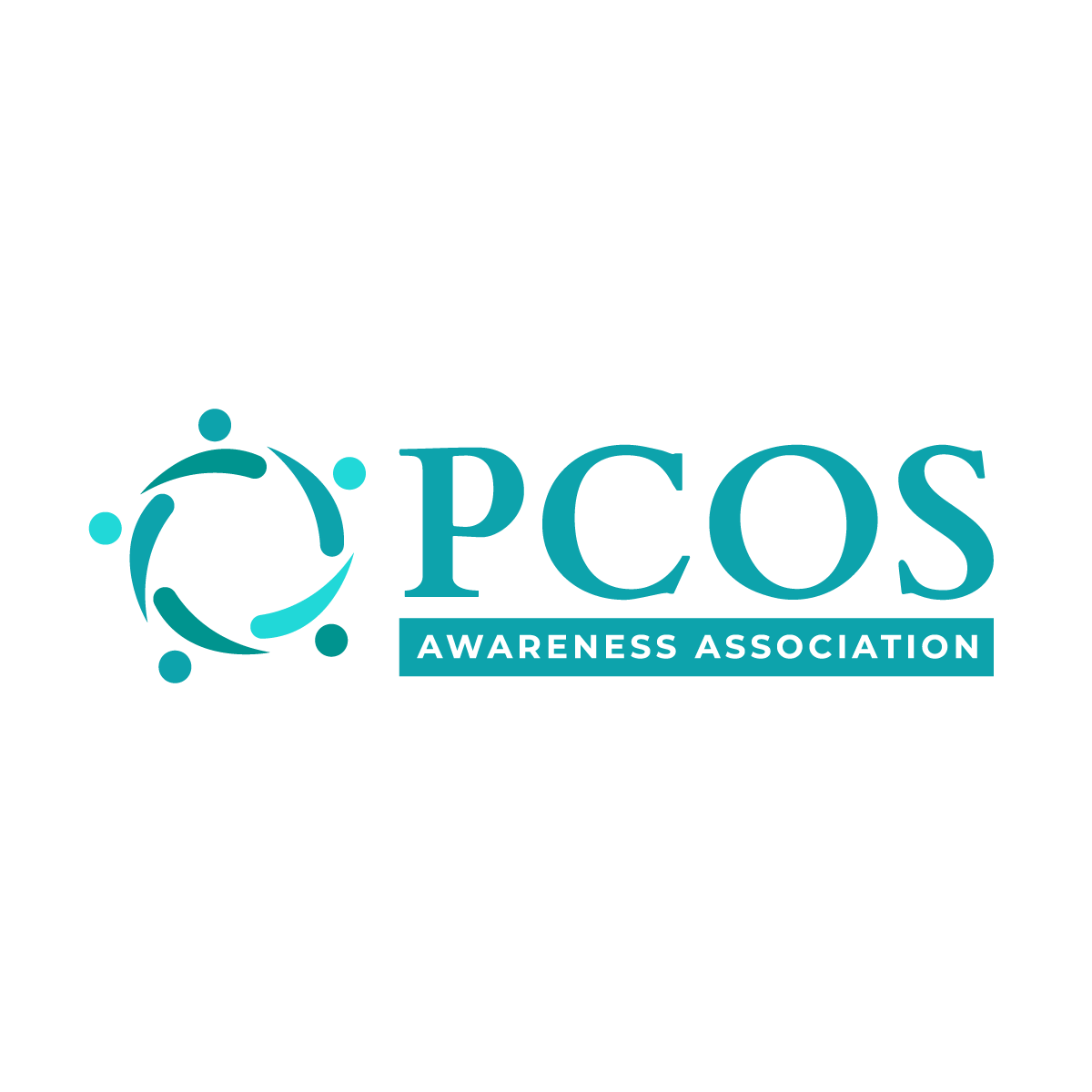PCOS Overview
What is Polycystic Ovarian Syndrome (PCOS)?
Polycystic Ovary Syndrome, or PCOS, is a health condition that affects about 10 million people in the world.
The exact cause is unknown, but it is considered a hormonal problem. Genetics and environmental factors are believed to be involved in the development of PCOS. It is a leading cause of female infertility and is responsible for a number of symptoms that can affect the body physically and emotionally.
Despite the name, many people do not have cysts on their ovaries. In 2013, an independent panel of experts recommended to the National Institutes of Health that the name be changed because the name is confusing and hinders patient care and research efforts.
Hormones involved in PCOS include:
Androgens. All females make androgens (also referred to as “male hormones”), but there are often higher levels of androgens in women with PCOS. The excess androgens are produced mostly by the ovaries, but the adrenal glands can also be involved. Excess androgens are responsible for many PCOS symptoms including acne, unwanted hair, thinning hair, and irregular periods.
Insulin. This hormone allows the body to absorb glucose (blood sugar) into the cells for energy. In PCOS, the body isn’t as responsive to insulin as it should be. This can lead to elevated blood glucose levels and cause the body to make more insulin. Having too much insulin can cause the body to make more androgens.
Progesterone. In PCOS, a lack of progesterone contributes to irregular periods.

